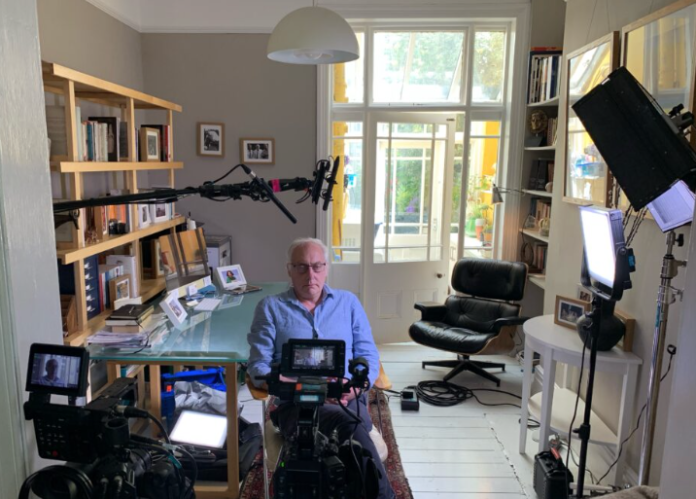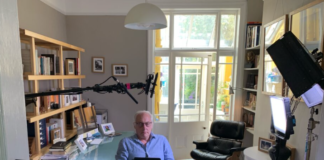- Torode to nowhere part one - 18th July 2025
- Cooking up trouble - 17th July 2025
- Numberless - 16th July 2025

During 23 years with The BBC, and a 41 year journalistic career (when he was trained to use clear and simple language, avoiding jargon), our Editor, Welshman Phil Parry has always reported opinions which may have been against the prevailing view, and now this is put centre stage by a new book which explores the courage of ‘dissidents’ in the old Soviet Union (SU).
Sometimes journalists are not liked by the authorities.

As well as publishing stories governments and companies may approve of (about new methods to speed up productivity for example), you must also report information they would rather not talk about.
I have uncovered innumerable practices which have proved embarrassing to those in power.
You also have to bring to light subjects that you may not personally agree with.

For example, in 1997 I produced a film about a man who was deeply opposed to devolution.
His arguments were, mainly, that it was an expensive waste of public money, it would be a talking shop for politicians, and a first step towards the break up of the union.
I didn’t believe any of this, but I saw it as my duty to present this point of view in the best manner possible.

These were valid (although wrong-headed) views, and a story is a story is a story.
I HATE it when people say I am ‘having a go’ at so-and-so – because a story for a journalist is completely independent of my own opinions, and it makes me think I have wasted 41 years of my life!
For me the spotlight has been thrown on all of this by a book about ‘dissidents’ in the old Soviet Union (SU), and is reviewed in the latest London Review of Books (LRB).


Soviet dissidents (as well as those in other Eastern European countries), were people who disagreed with certain features of the state ideology or with its entirety, and who were willing to speak out against them.
They were brave beyond compare, and some organised important public protests.
Journalists like me are not in their league.
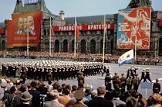
The term ‘dissident’ was mainly used in the Union of Soviet Socialist Republics (USSR) from the mid-1960s until the fall of Communism.
It referred to small groups of marginalised intellectuals whose challenges, from modest to radical, to the Soviet regime, were protected and encouraged by journalists behind desks in the West, while they themselves faced criminal prosecution or other forms of silencing by the authorities.

The most influential subset of the dissidents is known as the Soviet human rights movement.
Soviet dissidents who criticised the state in most cases faced legal sanctions under the Soviet Criminal Code, and the choice between exile abroad (with revocation of their Soviet citizenship), incarceration in a mental hospital, or being sent to a labour camp.
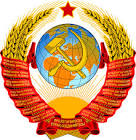
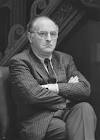
Anti-Soviet political behaviour (in particular being outspoken in opposition to the authorities, demonstrating for reform, or writing books critical of the USSR), were defined as being simultaneously a criminal act, a “delusion of reformism”, and a “sluggish schizophrenia”.
You had, for instance, the poet Joseph Brodsky, a winner of the Nobel Prize in Literature, who was charged with “parasitism” for not being officially employed, and was sentenced in 1963 to internal exile.
There was the writers Andrei Sinyavsky and Yuli Daniel who were arrested in 1965 for publishing their co-authored work abroad under pennames and sentenced to time in a labour camp as well as internal exile.

Silent demonstrations were organised on Moscow’s Pushkin Square by Alexander Yesenin-Volpin on the Soviet Constitution Day of December 5 1965, with posters urging the authorities to observe their own Constitution.
Publication was only allowed in the West of Andrei Sakharov’s first political essay ‘Reflections on Progress and Intellectual Freedom’ in the spring and summer of 1968.
But perhaps the most famous of all was Alexandr Solzhenitsyn.

He helped to raise global awareness of political repression in the SU, especially inside the Gulag prison system.
He was awarded the 1970 Nobel Prize in Literature “for the ethical force with which he has pursued the indispensable traditions of Russian literature”.
His non-fiction work ‘The Gulag Archipelago’ “amounted to a head-on challenge to the Soviet state” and sold tens of millions of copies.
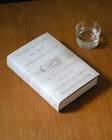
These people showed exceptional courage, and, in fairness, were helped by journalists.
They are the real heroes of a story about saying things the authorities don’t like…
‘TO THE SUCCESS OF OUR HOPELESS CAUSE: THE MANY LIVES OF THE SOVIET DISSIDENT MOVEMENT’ by Benjamin Nathans is published by Princeton.
The memories of Phil’s astonishing, decades long award-winning career in journalism (when going against the flow was all-important) as he was gripped by the rare neurological disabling condition Hereditary Spastic Paraplegia (HSP), have been released in a major book ‘A Good Story’. Order it now.

Tomorrow – why education experts are warning that a big increase in tuition fees may not be enough, and how it underlines the importance of international students in Wales as well as across the UK.







